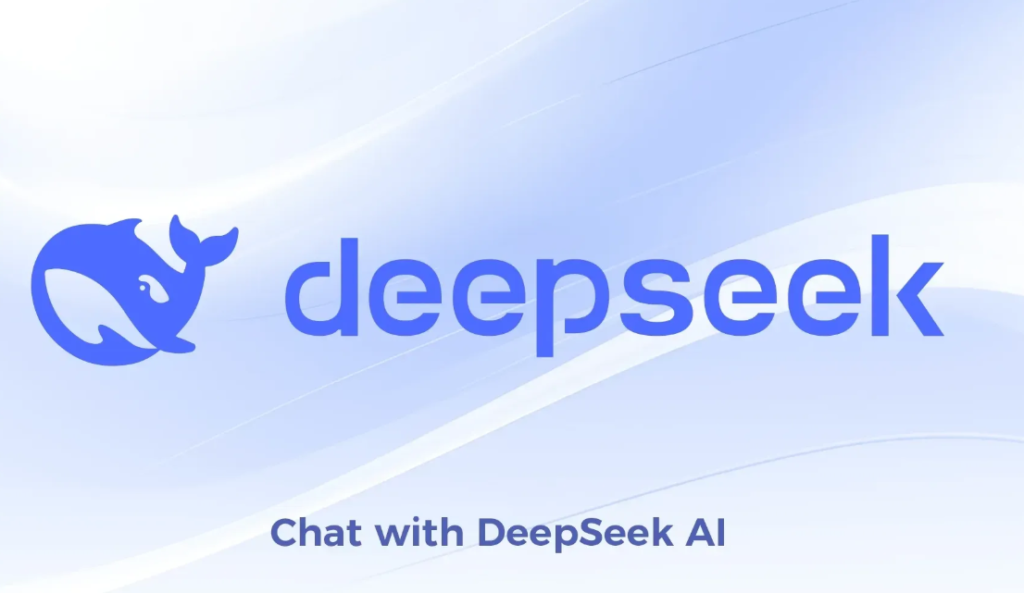Millions of Americans have rushed to download DeepSeek, propelling the app to maintain its No. 1 position on the App Store.

According to CNBC, a surge in downloads has been driven by users eager to experience the power of this AI application firsthand. The massive influx of downloads last week solidified DeepSeek’s dominance on the App Store, with many Americans rushing to get the app before potential bans take effect in certain states.
Global Controversy Surrounding DeepSeek
DeepSeek’s sudden rise has sparked debates among AI experts worldwide. While some experts are skeptical of its true financial standing—believing the company may have exaggerated figures—there’s no denying the app’s overwhelming popularity. However, concerns are mounting over the potential risks associated with its use, particularly regarding privacy and personal data security.
Dewardric McNeal, a senior policy analyst and executive at risk management firm Longview Global, warns that the amount of data DeepSeek collects could be twenty times greater than what is harvested through a simple Google search. He highlights risks such as compromised banking details and health information. Several major cybersecurity firms have already reported vulnerabilities in DeepSeek, and the company itself acknowledged suffering a major cyberattack last week.
Beyond personal data concerns, McNeal also emphasizes the geopolitical implications of AI advancements. “The world won’t end tomorrow because I logged into DeepSeek,” he said. “But that doesn’t mean there aren’t significant risks involved. Open-source AI models can expose supply chain vulnerabilities in the U.S., potentially giving adversaries a competitive advantage.”
DeepSeek vs. ChatGPT: A Long Road Ahead
Despite DeepSeek’s massive influence, experts argue it still has a long way to go before competing with ChatGPT.
While DeepSeek’s popularity has led to market disruptions—contributing to hundreds of billions in losses for AI leaders like Nvidia—the app remains significantly behind OpenAI’s ChatGPT in terms of daily usage. According to online analytics platform Semrush, OpenAI maintains tens of millions of daily visits, despite a slight decline in recent months.
- On October 1, 2024, ChatGPT had 22.1 million visits, which later dropped to 14.9 million by January 19, 2025.
- DeepSeek, by comparison, had only 2,300 visits on October 1, 2024, rising to 71,200 by January 19, 2025.
Joe Jones, research director at the International Association of Security Professionals, warns that DeepSeek’s emergence adds another layer of complexity to AI governance. “The debate around DeepSeek spans borders, making it an even more contentious issue. Given today’s rapidly shifting geopolitical landscape, this situation has become far more complicated,” he said.
Potential Bans in the U.S.
On January 31, Texas Governor Greg Abbott directed the state’s Department of Public Safety and Information Resources to add DeepSeek to a list of banned technologies. Other applications such as Lemon8, Moomoo, RedNote, Tiger Brokers, and Webull were also blacklisted. The directive prohibits state employees and contractors from downloading or using these apps on personal or government-issued devices.
As concerns grow over DeepSeek’s data collection and geopolitical implications, its future in the U.S. remains uncertain. For now, however, millions of Americans continue to download the app, eager to explore its capabilities while they still can.

Leave a Reply